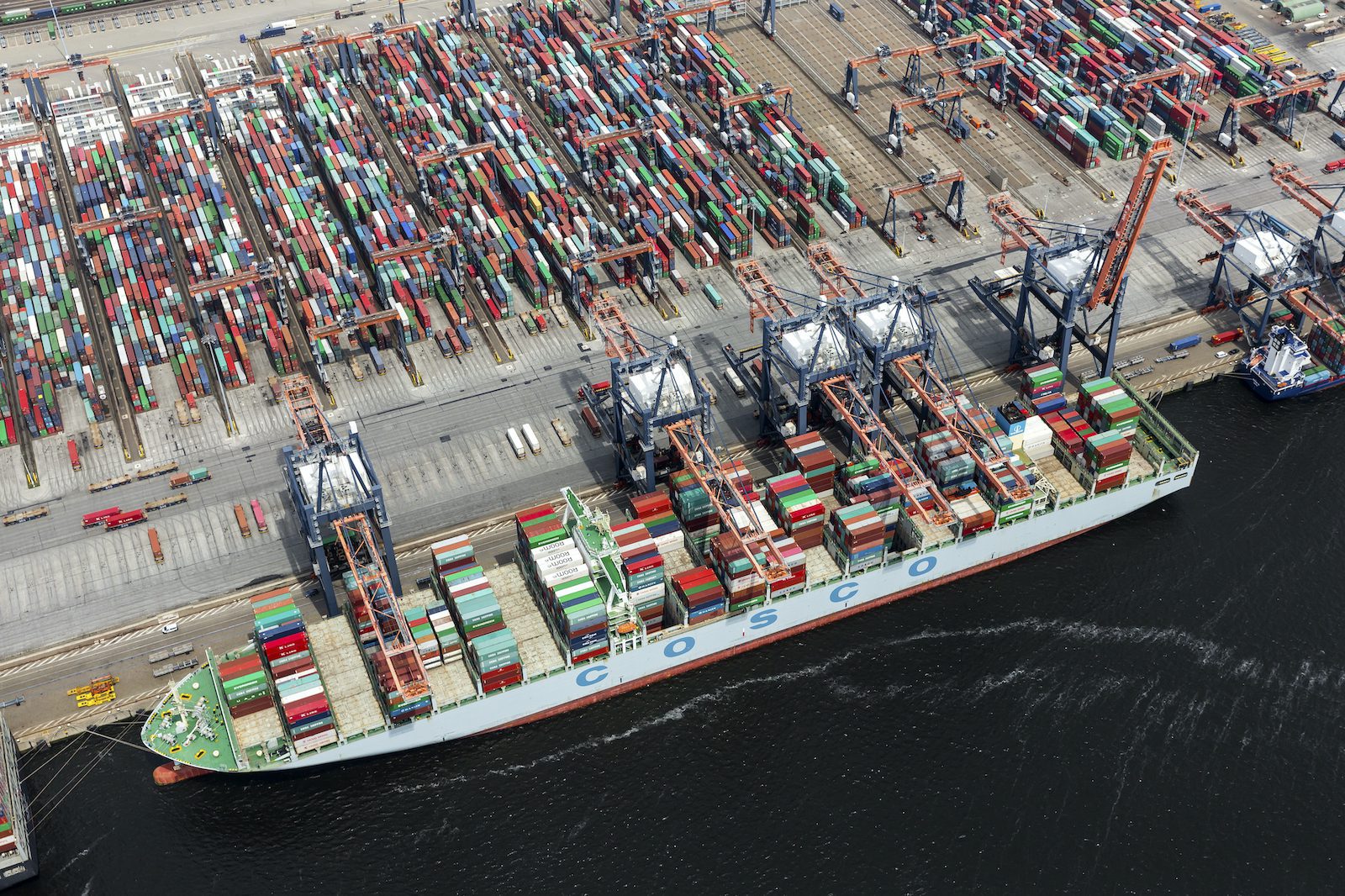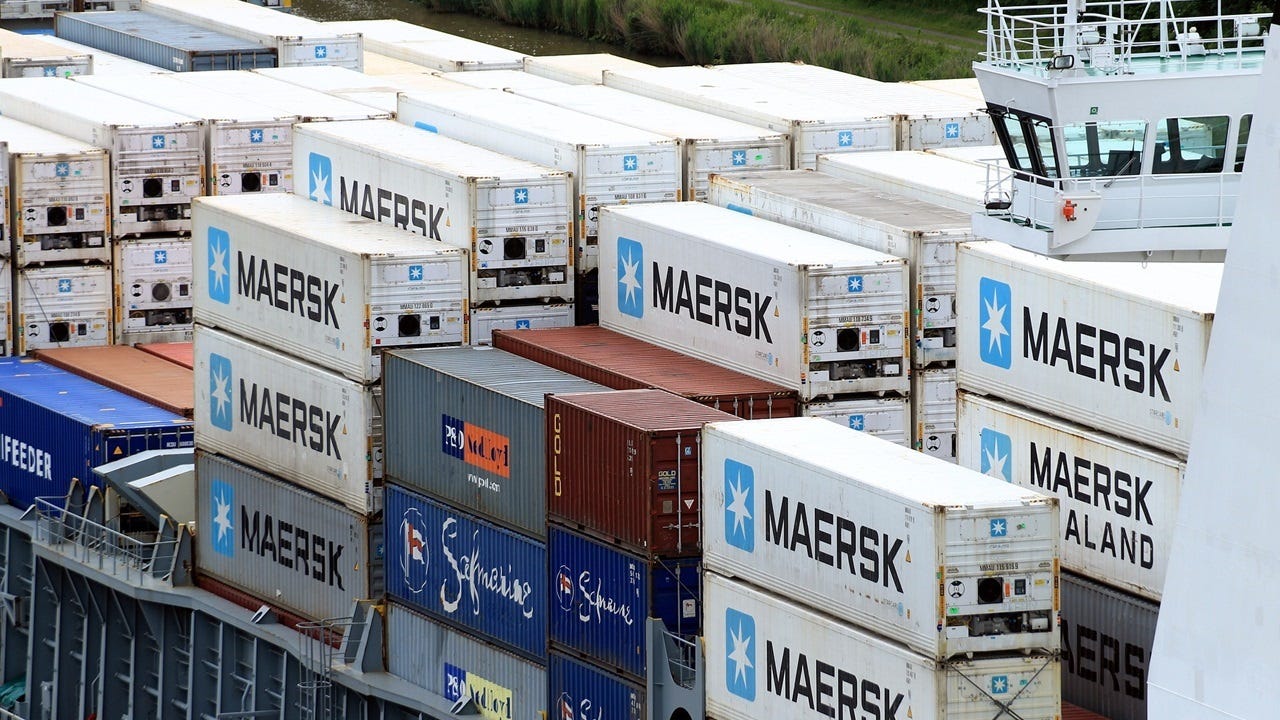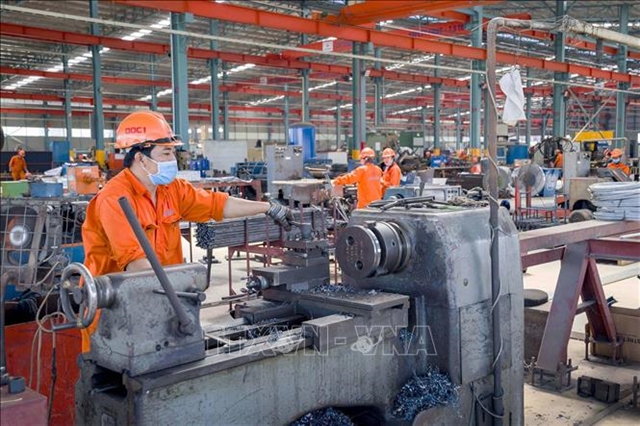NONE
none
none
none
none

Việc ngành vận tải đường biển chìm vào thua lỗ đã được dự đoán nhiều lần trong suốt thập kỷ 2020 đầy khó đoán. Tuy nhiên, giờ đây, những người bi quan đang lên tiếng mạnh mẽ hơn.

Liner shipping’s descent into loss has been predicted repeatedly throughout the notoriously hard-to-predict 2020s. Now, however, the doomsayers are speaking in a louder voice.

Thỏa thuận mang tính bước ngoặt hứa hẹn sẽ tái định hình các mô hình giao thông hàng hải và chiến lược triển khai tàu khi việc giảm thuế quan mở khóa hàng tỷ đô la trong các dòng chảy hàng hóa mới giữa hai cường quốc kinh tế. Bởi Paul Morgan (gCaptain) –...

Landmark agreement promises to reshape maritime traffic patterns and vessel deployment strategies as tariff reductions unlock billions in new cargo flows between two economic powerhouses. By Paul Morgan (gCaptain) –...

As Lunar New Year approaches the heat has gone out of container spot rates as the supply and demand imbalance intensifies

Khi Tết Nguyên Đán đến gần, sự khan hiếm đã khiến giá cước vận chuyển container giảm nhiệt khi sự mất cân đối cung cầu trở nên gay gắt hơn.

A nationwide minimum wage increase will take effect from January 2026, alongside a series of new policies covering labour registration, administrative sanctions, agricultural land tax and technology transfer for major railway projects.

A federal judge has dismissed a high-profile constitutional challenge to the Jones Act, delivering a major win for the U.S. maritime industry and the Trump Administration’s defense of America’s cabotage...

Một mức tăng lương tối thiểu toàn quốc sẽ có hiệu lực từ tháng 1 năm 2026, cùng với một loạt các chính sách mới bao gồm đăng ký lao động, xử phạt hành chính, thuế đất nông nghiệp và chuyển giao công nghệ cho các dự án đường sắt lớn.

Một thẩm phán liên bang đã bác bỏ một thách thức hiến pháp nổi bật đối với Luật Jones, mang lại một chiến thắng lớn cho ngành hàng hải Hoa Kỳ và việc bảo vệ chế độ ưu đãi hàng hải trong nước của chính quyền Trump...

The e-CO was first introduced in Vietnam in 2018. Specifically, the e-CO system has been deployed on the platform of the Customs Department under the Ministry of Finance. This represents a significant step in promoting the use of digital technology and reducing paper-based procedures in the process of verifying the origin of goods.

Ban hành kèm Thông tư số 38/2015/TT-BTC ngày 25/3/2015 của Bộ Tài chính PHỤ LỤC II CHỈ TIÊU THÔNG TIN LIÊN QUAN ĐẾN THỦ TỤC HẢI QUAN ĐIỆN TỬ ĐỐI VỚI HÀNG HÓA XUẤT KHẨU, NHẬP KHẨU

PHỤ LỤC I (Ban hành kèm Thông tư số 39/2018/TT-BTC ngày 20/4/2018 của Bộ trưởng Bộ Tài chính) Thay thế Phụ lục II Thông tư số 38/2015/TT-BTC như sau: Phụ lục II CHỈ TIÊU THÔNG TIN LIÊN QUAN ĐẾN THỦ TỤC HẢI QUAN ĐIỆN TỬ VÀ CHẾ ĐỘ QUẢN LÝ ĐỐI VỚI HÀNG HÓA XUẤT KHẨU, NHẬP KHẨU (Ban hành kèm Thông tư số 38/2015/TT-BTC ngày 25/3/2015 của Bộ trưởng Bộ Tài chính)